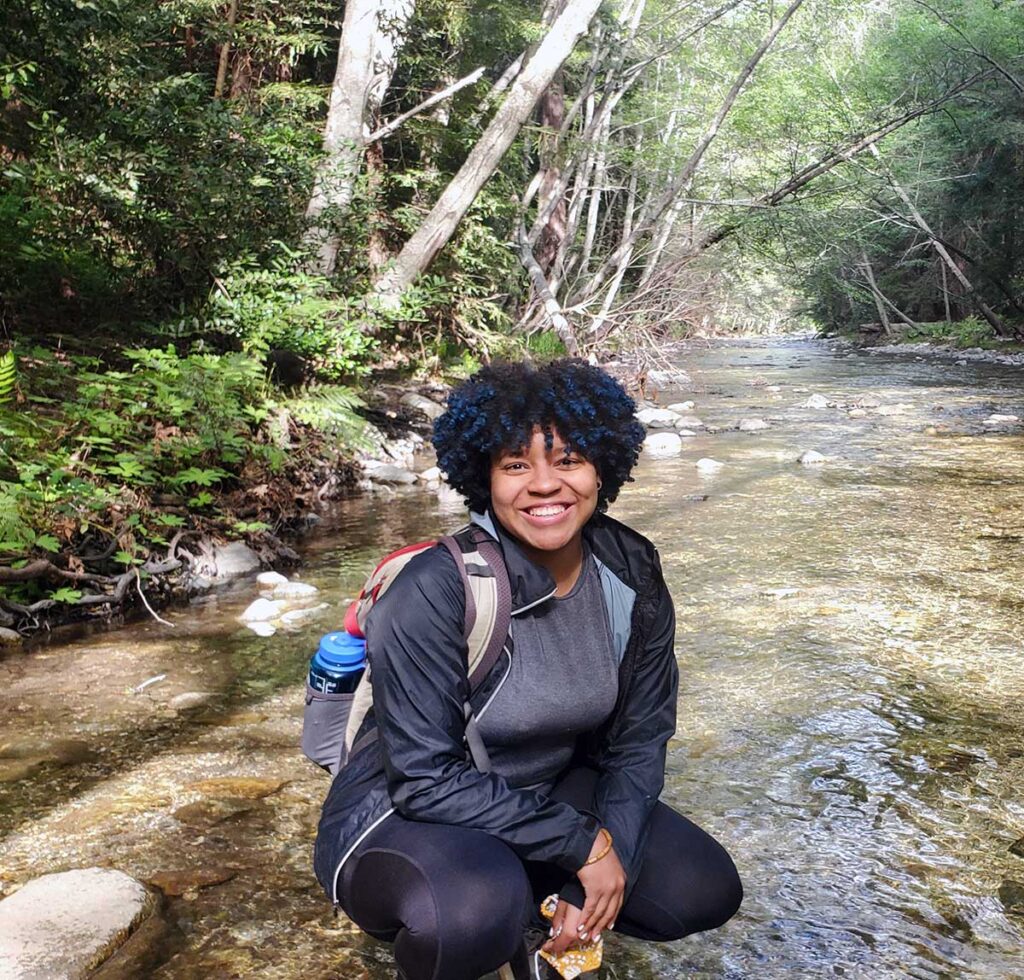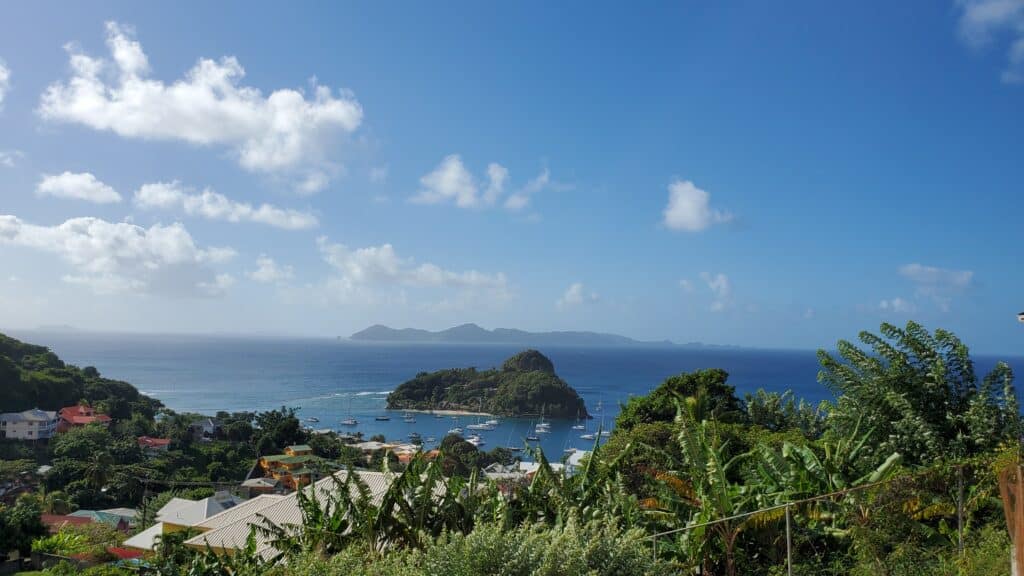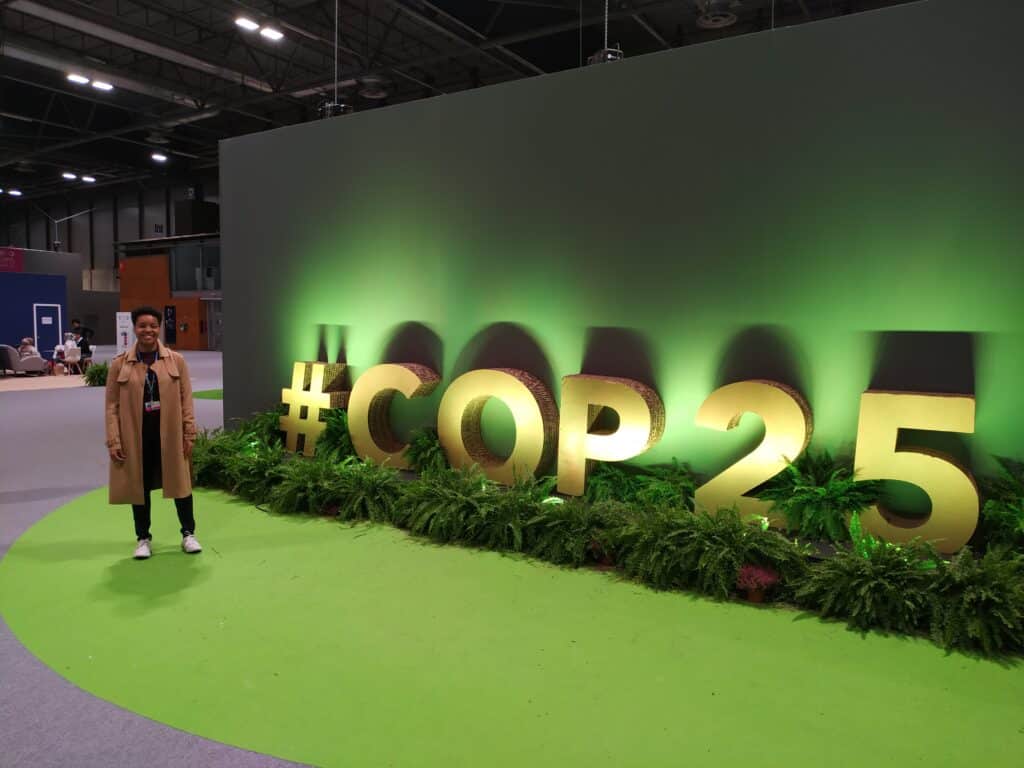BLOG / BLOG POST

Green 2.0 Fellowship: How it Changed Me
By Kalina Browne
Kalina Browne is a 2021 Coastal Communities Research fellow at Green 2.0 and a current graduate student at the University of California, Santa Cruz, where she is obtaining a Masters of Science in Coastal Science and Policy. Her interest is in Justice, Equity, Diversity, and Inclusion within the conservation non-profit field. To mark the beginning of Climate Week NYC, Kalina discusses her experience at Green 2.0 and connecting with climate and environmental justice activists through her work on a coastal communities project that will be released by Green 2.0 in the next few months.
When I started my fellowship with Green 2.0 a few months ago I knew I was going to grow professionally because this was my first time working in a small, environmental justice organization with an exclusive focus on Justice, Equity, Diversity, and Inclusion. What I did not expect was the personal and emotional growth I would experience through the relationships I made during this time.
Growing up on the small Caribbean island nation of St. Vincent and the Grenadines, I was excited to get started on my research into how NGOs engage coastal communities, particularly those from Black, Indigenous, People of Color (BIPOC), and other historically marginalized groups. I pored through research and reviewed websites but the most impactful part of this work has been conversations with people on the ground, actually doing the work. I gained many insights as a Green 2.0 fellow and I have highlighted the top three below.
1. Listening and Building Relationships
I quickly learned that any plan I had for research conversations was simply a guide. I had to dismiss any preconceived ideas I had and this led to very engaging and nourishing dialogue in directions I never thought would go. Creating relationships through trust is key and that starts with simply listening.
One community leader from coastal Louisiana called me from a hotel they had evacuated to escape Hurricane Ida, a category 4 hurricane that devastated parts of the Gulf Coast on Sunday, Aug. 29, 2021. We spent the majority of the call discussing their experience of having to leave their home, the mental and physical exhaustion, and the worry they had for their community. It was clear that what they needed at that moment was a listening ear. As I watched the devastation unfold from the other side of the country I was paralyzed. But because I had a connection to this community leader, I used that relationship to forge ahead and figure out what I could do. I used my social media channels to direct donations their way.

2. Value of Lived Experience and Storytelling
In my years as an undergraduate in the natural science field, I was taught that peer-reviewed research in journals was the caviar of research and everything else was canned tuna. This experience interviewing people on the ground highlighted the differences in how I conducted research in the past. What about the people and areas that don’t get researched? Do their lived experiences not have value? What about my own story?
The impacts on BIPOC communities have long gone unacknowledged in research because of an ivory tower mentality and it is through storytelling that our and their voices are heard. So now the question is: What is considered “real” or “valuable” knowledge and who are considered experts? This research project enabled me to realize that those on the ground are the experts and those in more privileged positions should work to uplift these voices. I am in the process of unlearning that ivory tower way of thinking so that I can better elevate the experiences of those on the frontlines.

3. There is No “One Path”
I have often experienced imposter syndrome in the environmental and climate justice fields because I was not formally trained in this area. Because of this, for a long time, I thought I had to be a part of a big institution, whether it be the government or a national NGO to create change. My first two weeks at Green 2.0 showed me differently. With a small but mighty core team of five staff and four fellows, Green 2.0 is able to engage with thousands of people across NGOs, foundations, and more.
During my research, I spoke to individuals in various positions, from community organizers to executive directors from the grassroots to national levels who were engaging with communities. As people shared their journeys, it was very comforting to know that there is no right or wrong way to go about this work. My prior imposter syndrome has lessened because I know I am a valued contributor to this work. When I think about the commonalities between all of us working in the environmental justice sector I see these similarities: passion, a focus on JEDI, and a willingness to use your strengths to collaborate with others.
I am still figuring out what direction I want to take, but the connections I have made during these past few months are invaluable and will continue to help me navigate into the future.
For more information about Kalina Browne, follow Kalina on Twitter @KalinaBrowne. Applications for the Green 2.0’s Winter 2022 fellowship will be accepted until October 8. Learn more: https://diversegreen.org/careers/.
